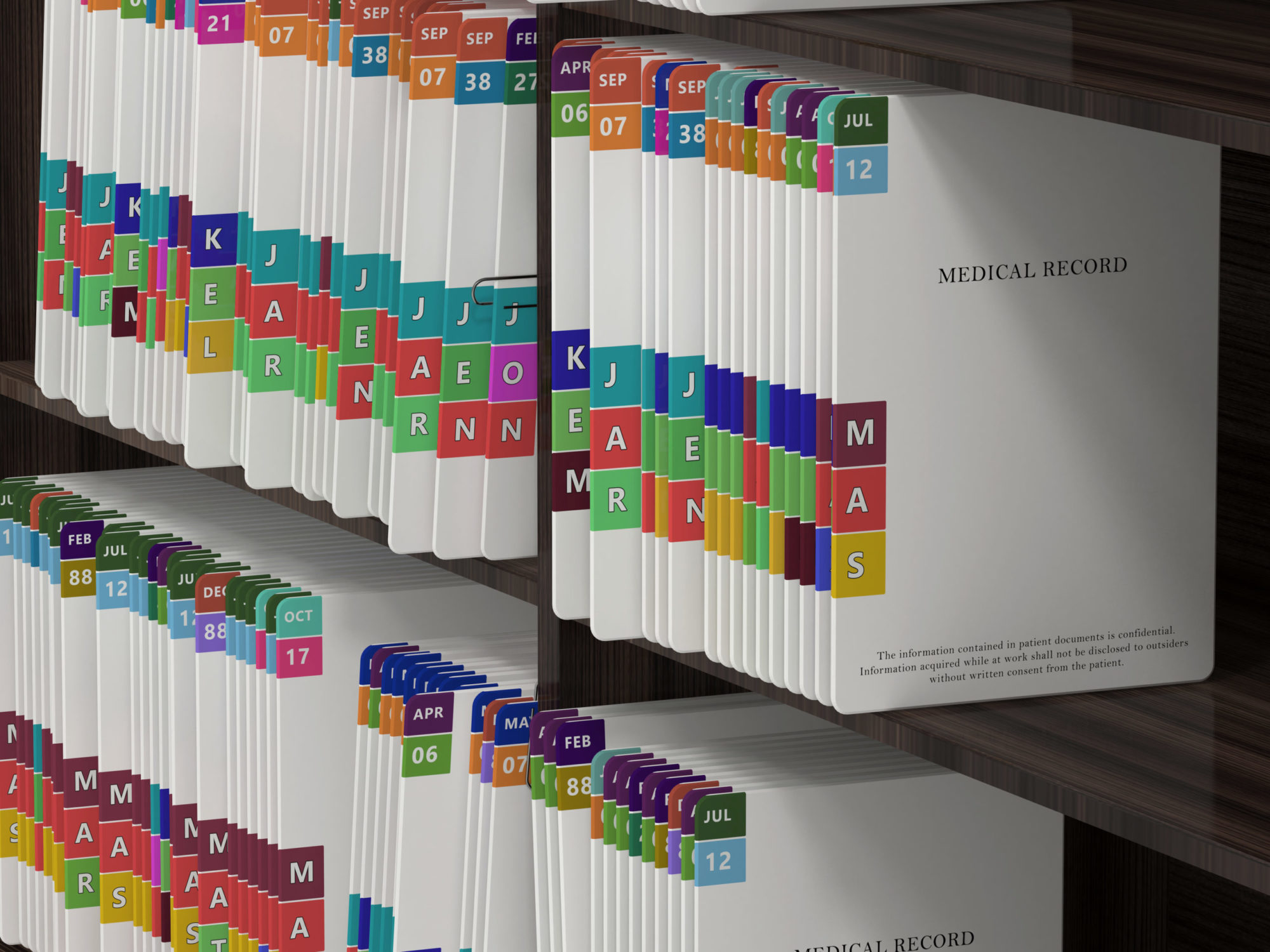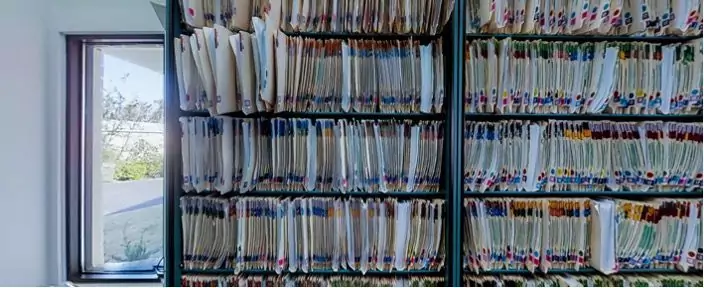Records management, including medical records management, is an important conception in the business landscape today. Keeping good records is key for any business, as it’s a cornerstone of data security, customer service, and solid business management.
But challenges surrounding medical records management are unique among the challenges associated with records management. Indeed, while medical records management has some things in common with managing records in other industries, it calls for special custodial care in ways that many industries don’t.
In fact, medical records management is unique enough in its demand – and serious enough in its stakes – that medical records are often managed from the unique position of medical records custodian.
The Unique Challenges of Medical Records Management
Retention laws essentially mandate in many states that medical records be assigned to a specific custodian who will manage those records throughout their retention period. Retiring practitioners must designate a custodian or be willing to serve as one themselves before closing their practice.
Medical records custodians face unique enough challenges in managing medical records that it’s worth examining the differences in how they must manage their records when compared with other industries. While there are some commonalities across all forms of records management, medical records custodians must meet a consistently higher standard for theirs.
Important Similarities
Medical records custodianship protocols have a few things in common with “regular” records management. For starters, secure records storage is foundational to any records management plan. Records management won’t allow for simply keeping records where ever it’s convenient; security concerns demand better care than that.
This is especially true for medical records. Secure storage is premium, and no records management protocol is complete without it.
Additionally, medical records custodians face the same requirements for secure destruction as those in any other industry. Generally, when destroying records that have reached their retention point, one must do so through secure methods such as shredding. Medical records are no different.
Key Differences
While similarities abound, there are some key differences in medical records management that are not found in other forms of records management.
One of the most important distinctions between medical records management and records management in its other forms is the need to fulfill information requests.
Throughout the life of a medical records retention period, there is a chance that a patient or other parties with unique permission request a medical record. This creates a unique challenge for the medical records custodian, who must be able to provide that record upon request.
Retention periods exist specifically to enforce patient ability to access their records through a request process. This means the custodian is responsible throughout that process when a patient requests a record.
Importantly, while you must fulfill all information requests, they won’t generate income to offset their expense.
Medical records retention periods are another important factor to consider when approaching a management protocol for medical records. Medical records retention periods are often longer and more stringent than retention periods in many other industries.
Penalties for loss of records can leave a serious negative impact. Medical records custodians must always adhere to these periods.
This is because medical records management prioritizes security in a unique way, with specific laws backing up enforcement. Managing medical records is unique if for no other reason than the extreme risk one takes when improperly managing medical records.
Solutions are Available at Cariend
Have you found yourself in the position of medical records custodian? Maybe you are a retiring practitioner or physician or otherwise must accept responsibility for a set of medical records. If so, there are options to help you through the challenge.
While it’s completely possible to manage your own medical records sets, the liability, expense, risk and dedication it requires makes it an unappealing choice for many.
Cariend proudly offers medical records custodianship services tailored specifically to meet your needs. A medical records custodianship plan that fits your situation is only a few steps away.
If you’re interested in learning more about building a plan that works for you, contact Cariend today.










